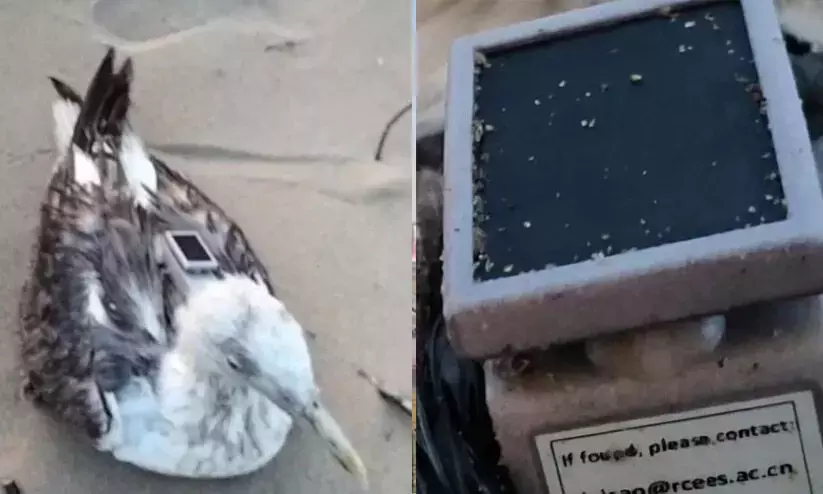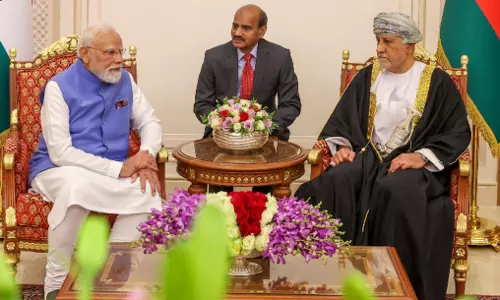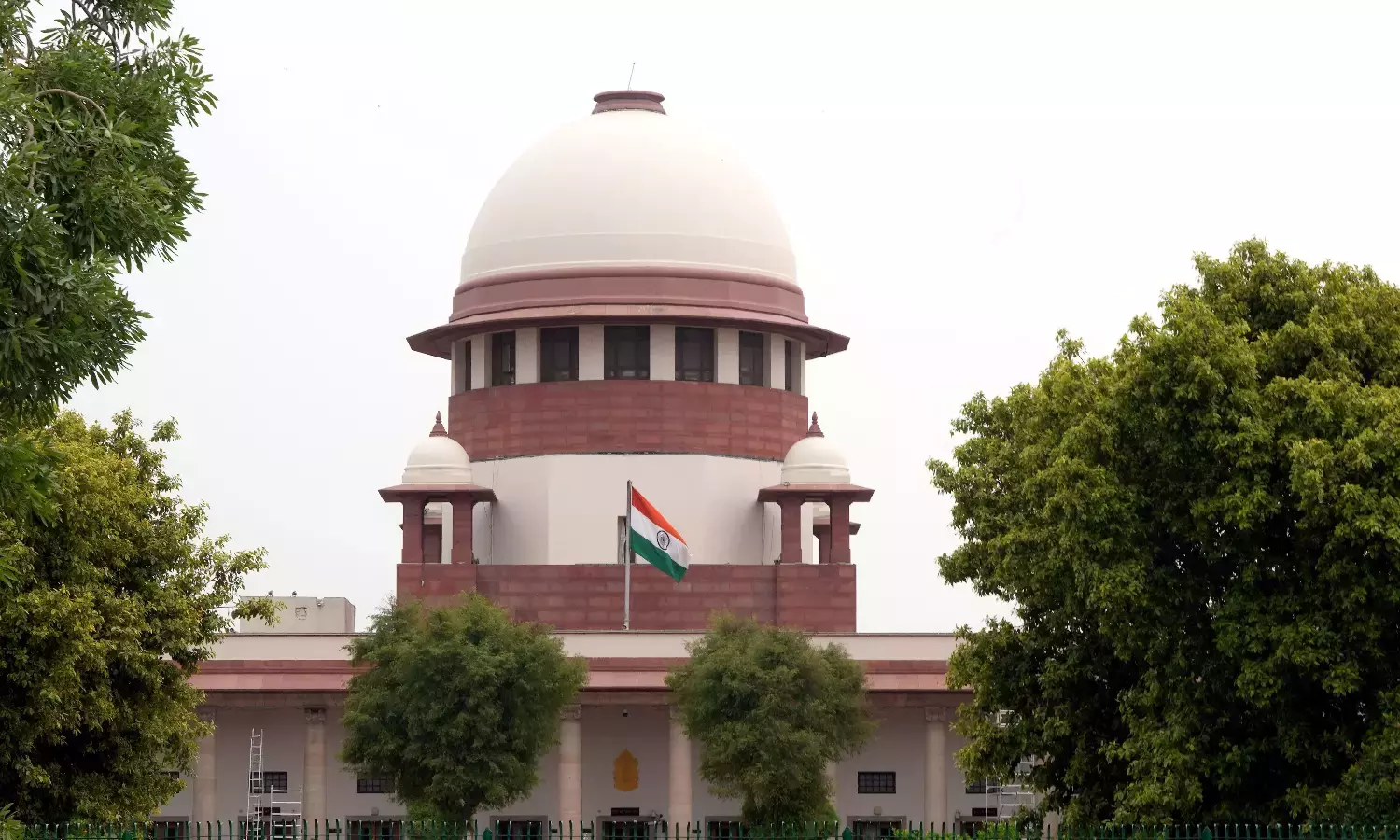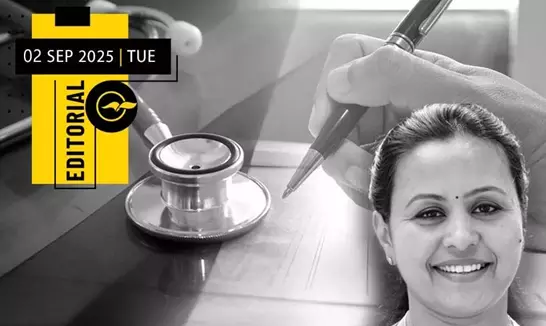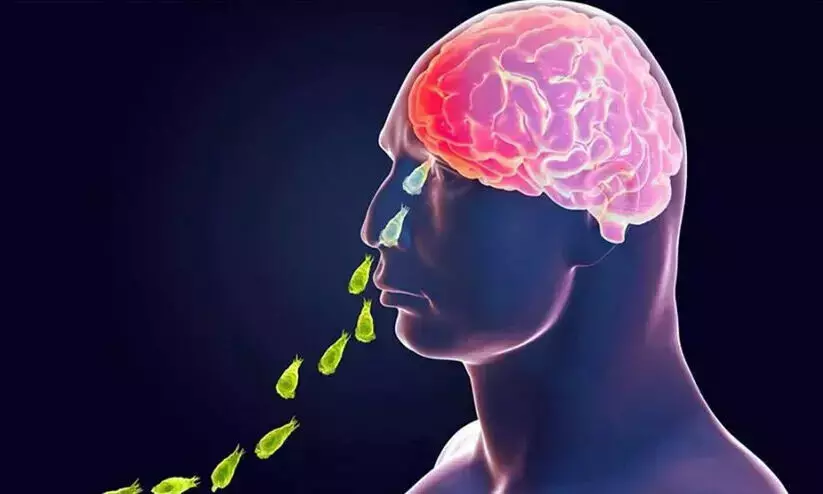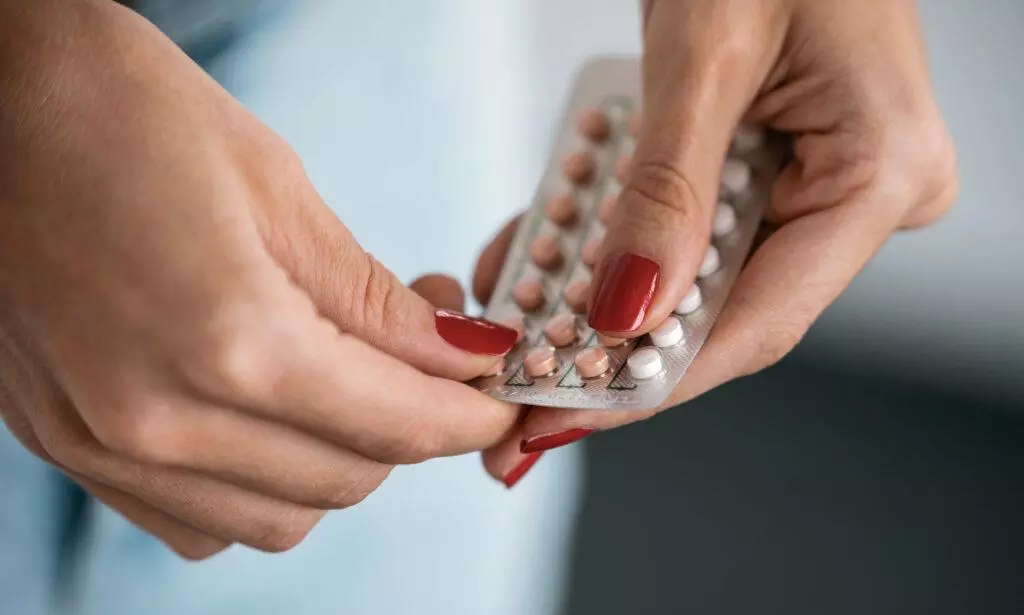
Lapses that cost lives should be rectified
text_fieldsA report by the committee that investigated the dire conditions in Kerala's government medical colleges, particularly the red-tapism involved in purchasing surgical and other equipment, has been released. The committee was appointed by the government following the open revelations of the Head of the Urology Department at Thiruvananthapuram Medical College, who expressed frustration over the delays in obtaining equipment and the distressing situation of having to repeatedly postpone surgeries due to unavailability of equipment. The doctor explained that despite informing multiple authorities, from the superintendent to the Health Minister’s office, no action had been taken, and that his criticisms were not directed at the department or the government but at bureaucratic sluggishness. It was his remarks that led to the revelation that similar situations exist in other medical colleges and district hospitals across the state. Criticism was also raised over the unavailability of life-saving medicines. The concerns raised by the Head of the Urology Department have now been corroborated by the heads of four other departments. They have made it clear that surgeries often have to be postponed due to red-tapism in obtaining equipment and the malfunctioning of available equipment. The committee has also confirmed the allegation that patients themselves end up buying the necessary supplies. At the same time, the committee found that the doctor violated conduct rules by exposing the issues publicly. Although initially, the government took the doctor’s criticism positively, later it came down heavily on him, stating that his manner of revelations was wrong and that he had violated conduct rules.
Compared to other states, Kerala's healthcare sector is far ahead. The standards of hospitals are also better. With 11 more hospitals receiving national accreditation this year, the total in this classification has exceeded 250. Unfortunately, the information and news that emerge about these issues every now and then are not very reassuring. The Health Minister and others state that all problems and crisis are flaws of our system. But there is no answer to the question who is responsible for maintaining and improving the system. At the time the issue at Thiruvananthapuram Medical College was escalating, a woman died in the Kottayam Medical College building collapse. Earlier, in Kozhikode, a scalpel was left inside the abdomen of a woman after surgery. The administration has also neglected and insulted a young woman who has been suffering pain and distress for years. Most recently, it came to light that two years ago, during a thyroid surgery at Thiruvananthapuram General Hospital, a wire from a tube had got stuck in a patient’s chest. There are also cases of mixed-up surgeries, medicines, and treatments. All of this can be seen only as grave, unforgivable offences resulting from carelessness, indifference, and neglect, and there is no use blaming the system.
The government has to take the committee report seriously. However, it should not be used to take revenge on those who raised the complaints. Instead, the problems must be resolved and defects rectified. The ‘system failure’, to use the Minister's words, must be fully addressed. Government hospitals are the only refuge for the poor in the state. Even small lapses there will affect thousands. It is the responsibility of the government to ensure that better services and treatments are available there. No one should assume that everything is hunky dory in private hospitals, where treatment is provided at the cost of lakhs of rupees. Issues abound there also, but it is only that they not discussed as extensively. The private healthcare sector must also be made accountable, and the government must take the initiative to ensure this.
Public healthcare systems, from primary health centres to Medical College hospitals, are the centres for safeguarding the health of the poor. Every person enters these hospitals in the hope of receiving safe and satisfactory treatment without having to pledge their home, land, remaining gold, or pride. Their expectations must be fulfilled. Against the backdrop of Dr. Harris’s revelations, Madhyamam investigated the condition of medical colleges in Kerala which found that even in many places with good buildings and facilities, there are insufficient doctors and staff, and shortages of medicines and equipment are widespread. Addressing these deficiencies, which are crucial to the lives of thousands of people, must be considered the government’s number one agenda.
At the same time, unlike other places, the propaganda that portrays Kerala's public healthcare system, which is functioning reasonably well in many areas - unlike in many other places - as completely flawed must be resisted. Spreading such a narrative would be tantamount to attempting to disparage not only the Kerala model of healthcare but also the healthcare workers who serve there selflessly.




